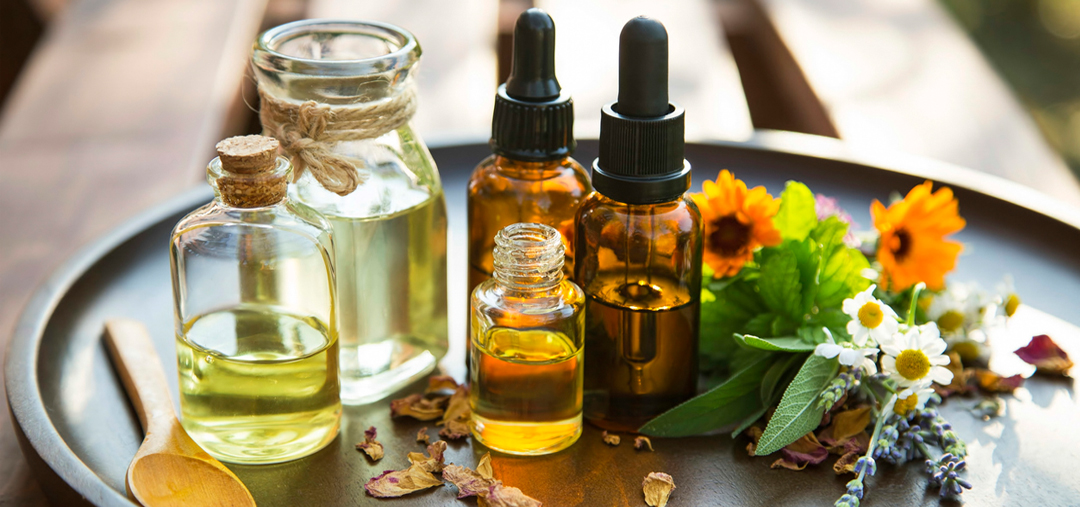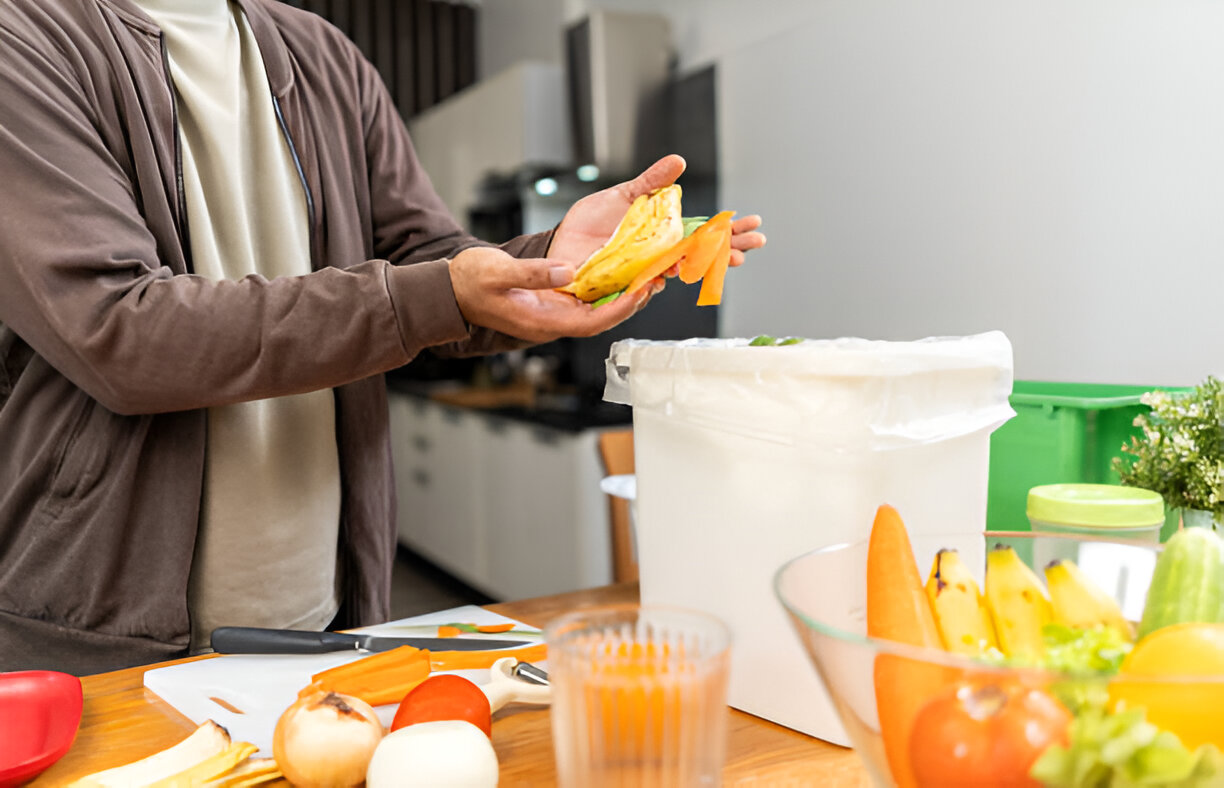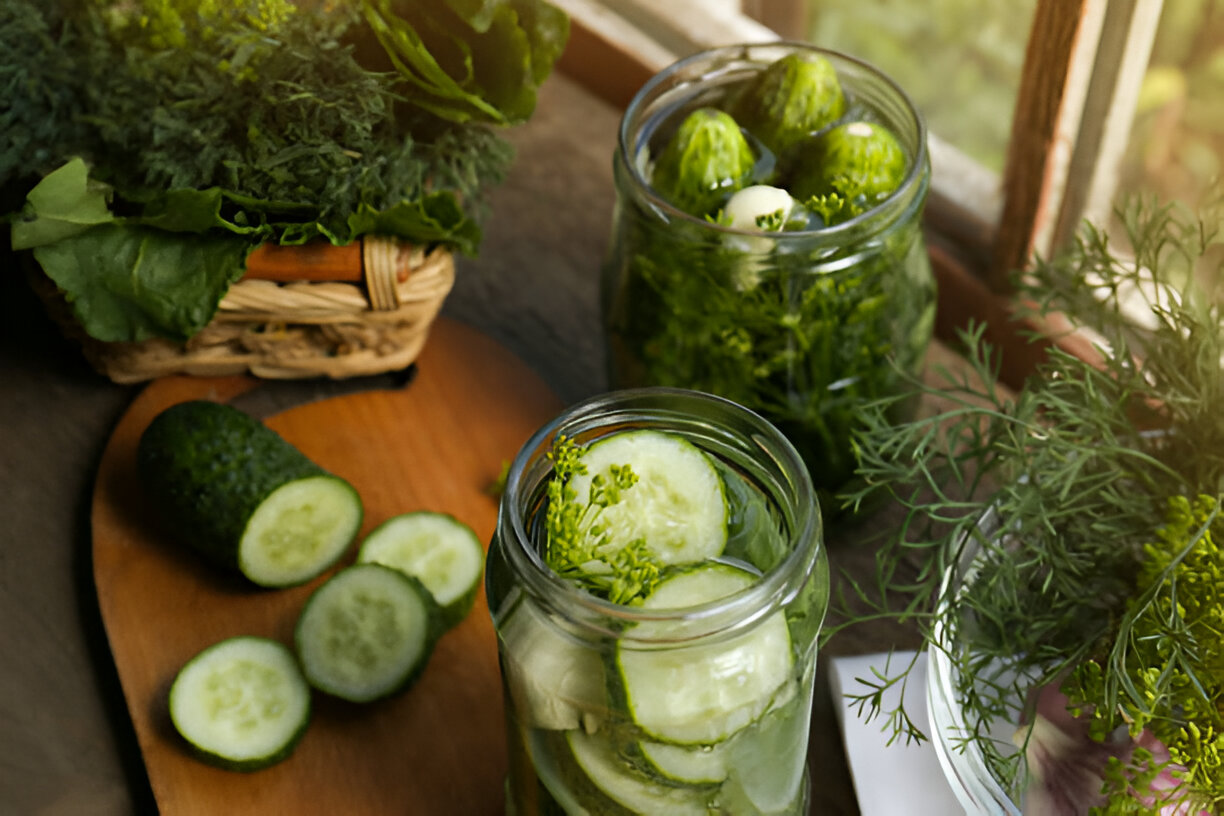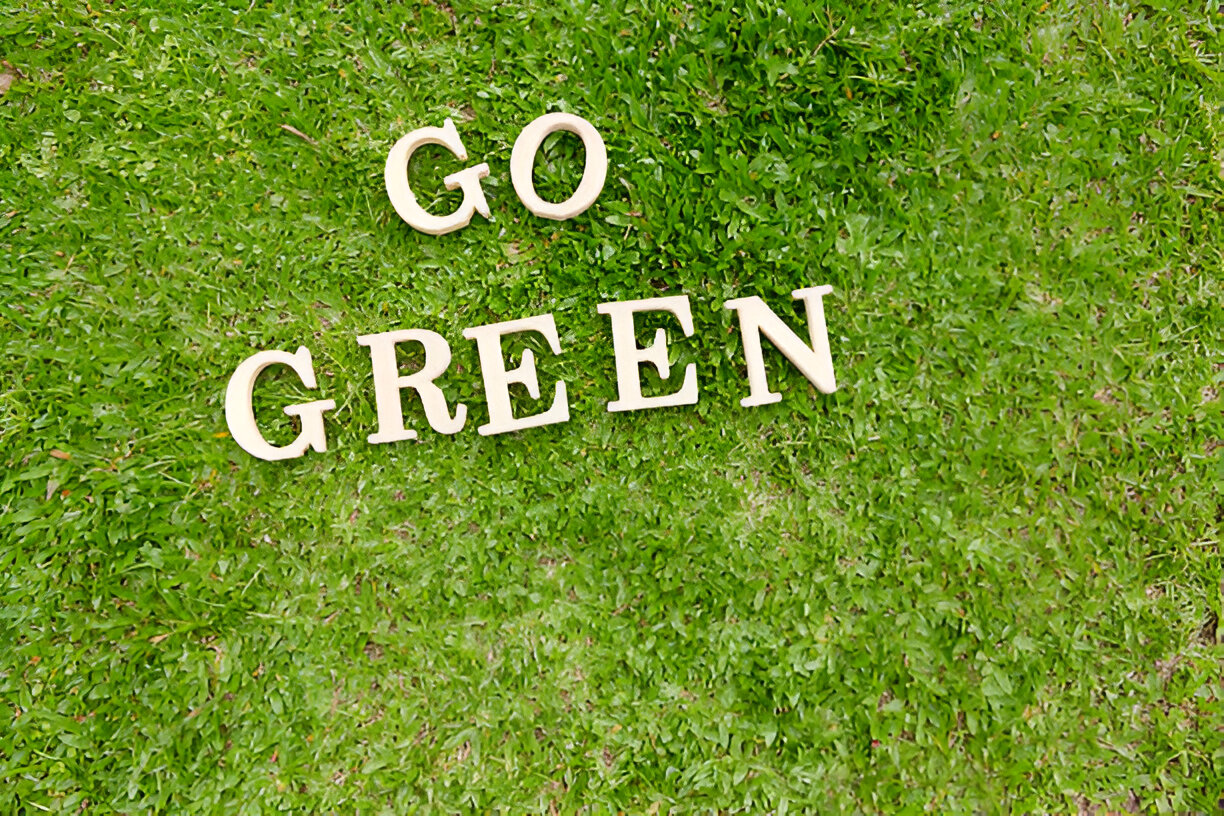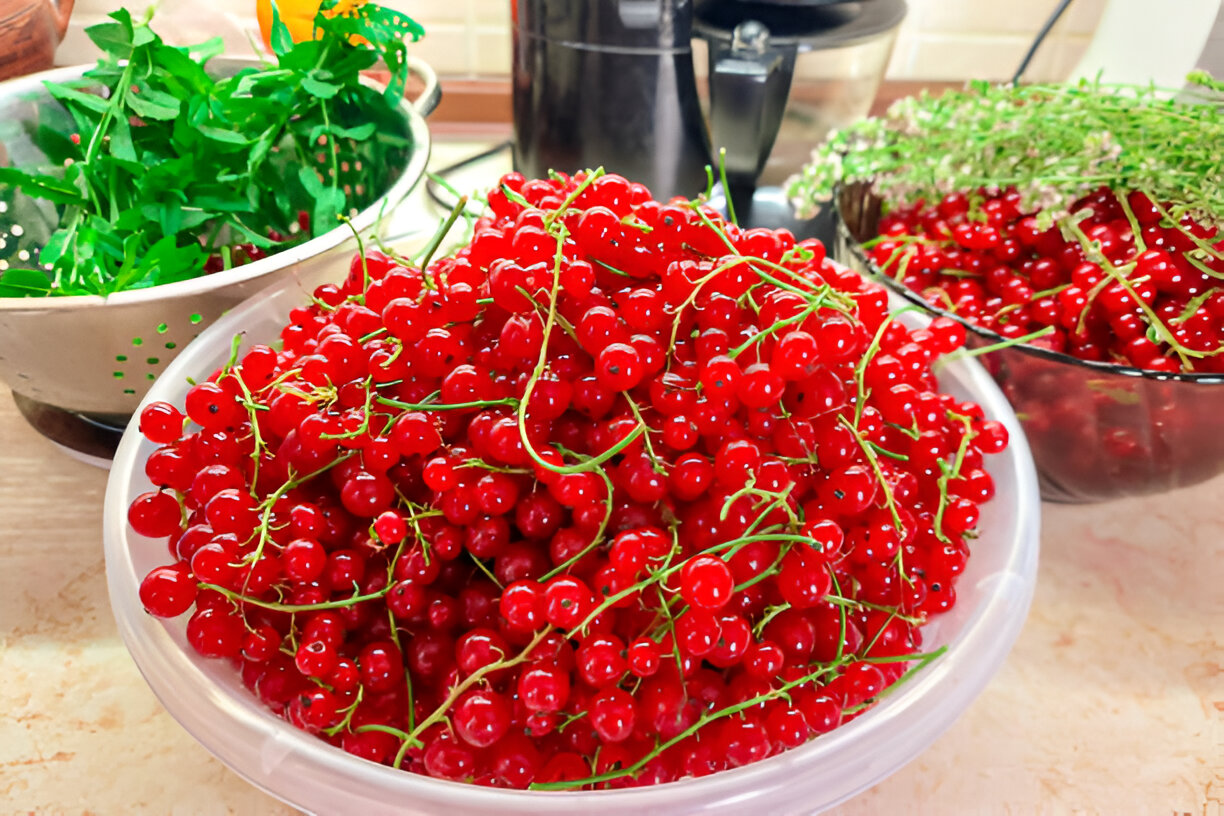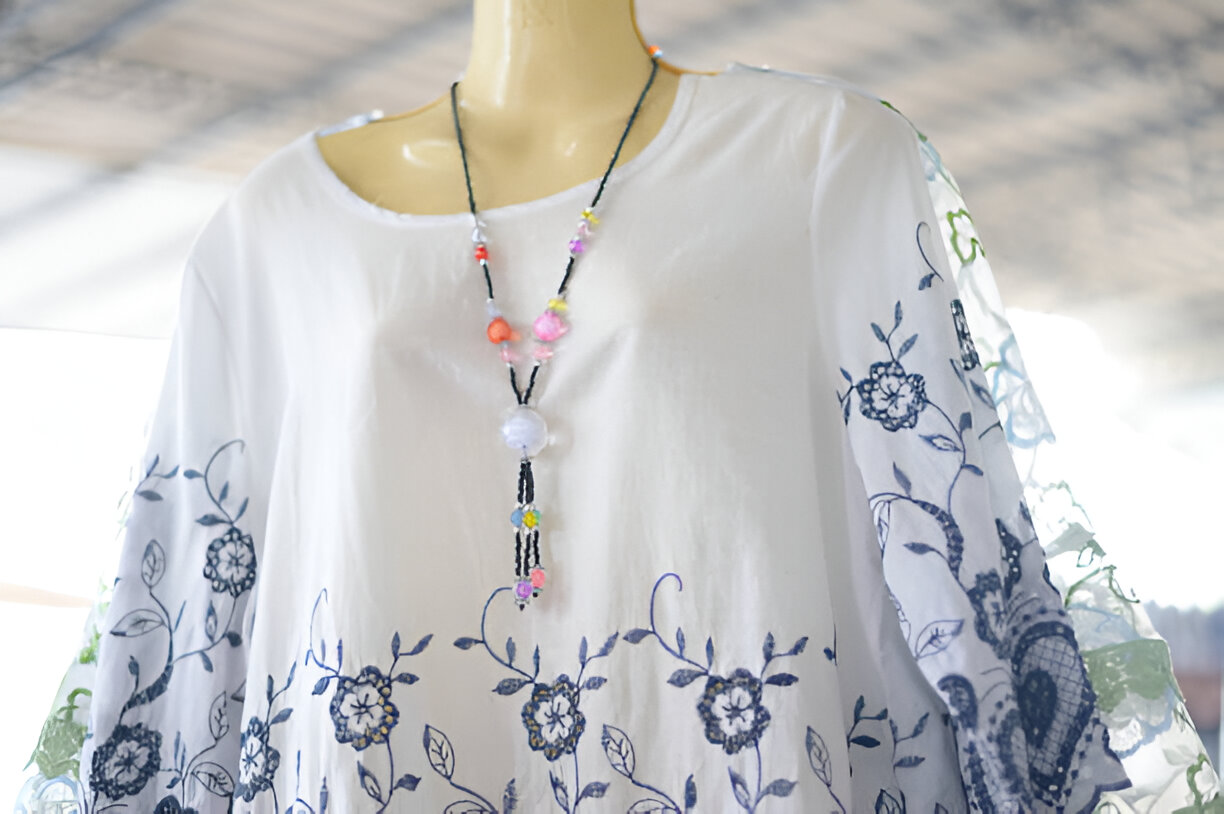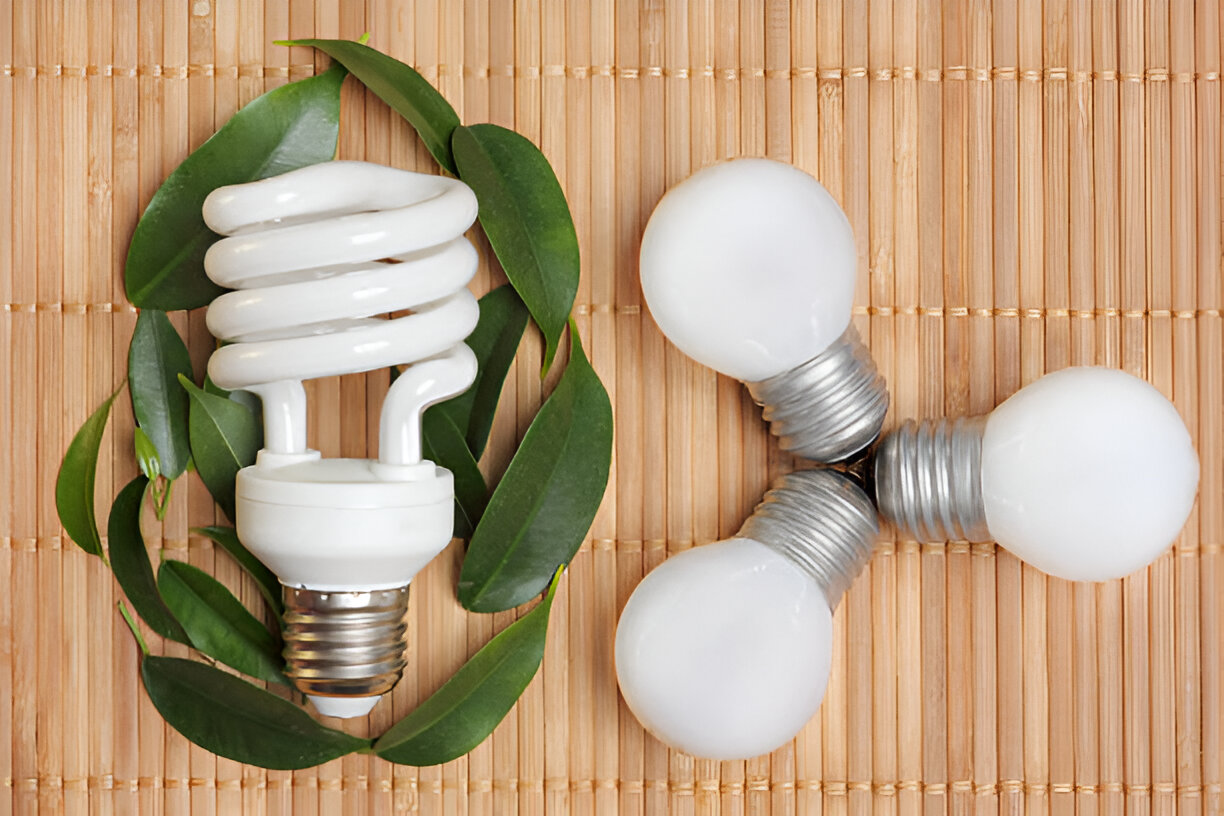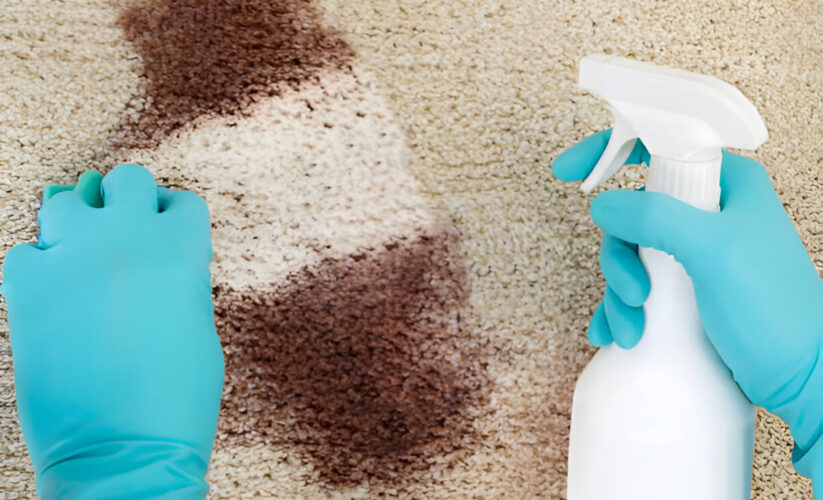
For basic nontoxic stain removal, mix up a little grandmother knowledge and apply it liberally.
The principles behind creating stain removers — or nearly all household cleaners — are relatively simple. Some kinds of stains respond to alkaline minerals such as borax and soap, others to acids like vinegars.
This bit of “grandmother knowledge” is used to formulate not only the nontoxic cleaners made from kitchen-cabinet ingredients, but also many modern chemical home cleaners. Whether for health or home, those folk remedies that have stood the test of time have generally been based on sound chemistry.
Formulas concocted using grandmother knowledge work perfectly well for removing stains. There is no reason to use anything toxic; with a few natural ingredients, you can solve even the toughest problems.
Stain Solutions
These techniques are safe on most fabrics, but do not use alkaline materials (borax or soap) on wool or silk; these fabrics only tolerate acids like vinegar or lemon juice. Spot-test first to make sure the remedy is compatible with the dyes. These basic minerals and acids need time to work their magic; most treatments should be left on the stains for at least half an hour, in some cases longer. After treating the fabric, launder as appropriate.
Stain:
Berries
Natural Solution:
White vinegar or lemon juice; washing soda
Instructions:
Soak stains in white vinegar or lemon juice for one hour; rinse. If there is some remaining stain, dampen the area with water, make a paste of equal parts washing soda and water, and rub it in gently.
Stain:
Blood
Natural Solution:
Cold water; hydrogen peroxide; corn starch
Instructions:
Soak in cold water. For stubborn stains, soak in hydrogen peroxide (a natural bleach; spot-test to make sure it won’t affect the fabric). Or use a paste of equal parts corn starch and cold water.
Stain:
Chocolate
Natural Solution:
Vegetable-based detergent or soap; digestive enzymes
Instructions:
Mix 1 teaspoon liquid soap or detergent with 1 cup of water, and soak the stained area. To remove the dairy component, buy digestive-enzyme tablets at a natural-foods store, grind up three or four tablets, and add equal parts water to make a damp paste. Gently rub the solution into the stain. Leave for at least one hour.
Stain:
Coffee and Tea
Natural Solution:
White vinegar or lemon juice; cream of tartar
Instructions:
Soak the stain in straight white vinegar or lemon juice for one hour. If there was milk in the tea or coffee, follow directions for removing dairy protein under “Chocolate.” Alternatively, clean with a paste made of cream of tartar and water.
Stain:
Egg
Natural Solution:
Cold water; digestive enzymes
Instructions:
Soak the garment in cold water. If some egg remains, follow directions for using enzymes under “Chocolate.”
Stain:
Grass
Natural Solution:
White vinegar
Instructions:
Soak the area in white vinegar for one hour. Alternatively, use an enzyme paste (see “Chocolate.”
Stain:
Grease
Natural Solution:
Vegetable-based detergent or soap; washing soda
Instructions:
Sometimes just blotting the stain with detergent is all you need. If the stain remains, make a paste of equal parts washing soda and water and gently rub it in. Leave for at least one hour.
Stain:
Gum
Natural Solution:
Ice
Instructions:
Freeze with a wrapped ice cube, then peel off the frozen gum.
Stain:
Ink
Natural Solution:
White vinegar; milk
Instructions:
Soak in milk or white vinegar.
Stain:
Paint
Natural Solution:
Citrus solvent
Instructions:
Soak the area in citrus solvent for 10 minutes.
Stain:
Perspiration
Natural Solution:
Shampoo
Instructions:
Saturate the area with shampoo, then launder as usual. If the perspiration stains remain, use an enzyme paste (see “Chocolate.”)
Stain:
Tomato Sauce
Natural Solution:
White vinegar; washing soda; borax
Instructions:
Soak in white vinegar. Alternatively, make a paste of equal parts washing soda or borax and water and rub in gently.
Stain:
Wax
Natural Solution:
Hot iron
Instructions:
Place a clean cotton rag over the wax and iron, making sure not to overheat the fabric. Blot the melted wax with an absorbent rag as you go to remove the residue.
Stain:
Wine
Natural Solution:
Boiling water; club soda
Instructions:
Stretch the fabric over a bowl, then pour boiling water from a height of two to three feet. Or rinse the stain with club soda.
More Natural Stain Fighters
Lemon Juice:
A natural bleach, acidic lemon juice help with alkaline stains such as grass, tarnish, and minerals.
Borax:
This alkaline mineral is good for acid and protein stains.
Corn Starch:
Made from corn, corn starch is very absorbent. Works well on protein stains. Diluted and sprayed on clothes, it’s a natural starch.
Vegetable-Based Soap:
Better for the environment than petroleum-based detergents, vegetable soaps help with greasy stains. Castile soap, made primarily from olive oil, may be the easiest to find.
Cream of Tartar:
A natural by-product of winemaking, cream of tartar is good for stains like tea or coffee. Generally color-safe.
Citrus Solvent:
A less-toxic alternative to solvents like acetone, citrus solvent is available online or at some hardware stores. It’s used for paint, rust, and nail polish.
Club Soda:
The water and bubbles help lift acidic stains like wine and berries.
Text by Annie B. Bond






